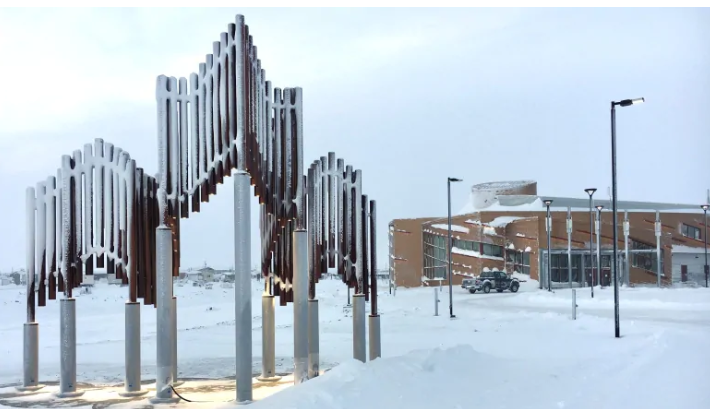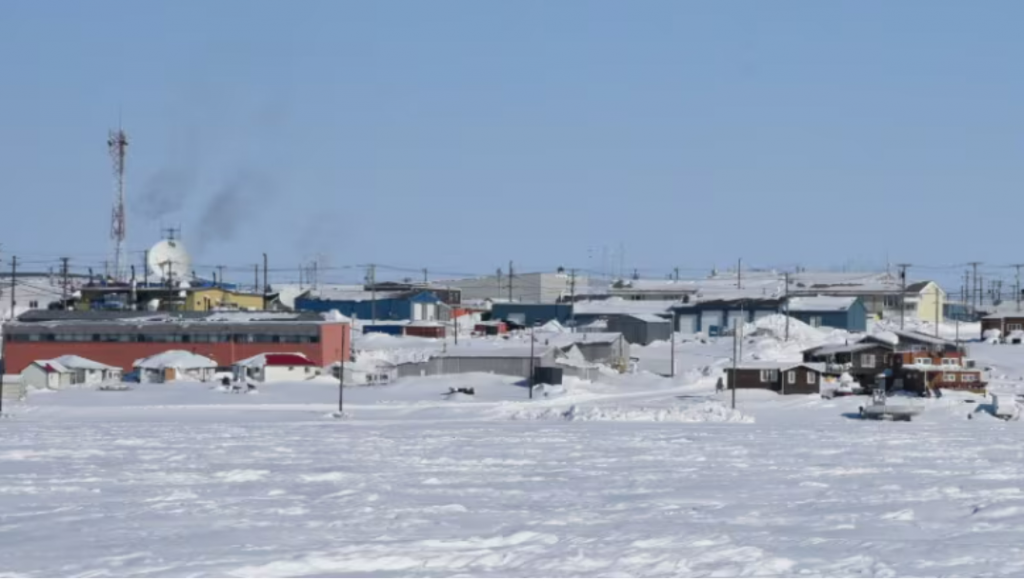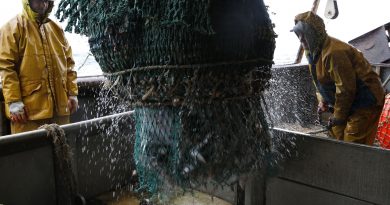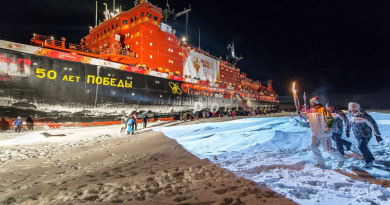Canada’s biggest Arctic research entity is 10 years ‘young’

(Jimmy Thomson/CBC)
One of North America’s leading Arctic research entities just turned 10 years old.
Or 10 years “young,” as one of its scientists says.
“We’re still growing as an organization,” said David Hik, chief scientist and vice-president of research at Polar Knowledge Canada.
The federal agency was created in 2015 to advance Canada’s knowledge of the Arctic. It was tasked with creating and managing the country’s biggest northern scientific research hub, the Canadian High Arctic Research Station, or CHARS, in Cambridge Bay.
The station was officially completed in 2019, after several years of construction and a North of North-like competition between Cambridge Bay, Pond Inlet and Resolute Bay to be the host community.
Cambridge Bay won out over the two other contenders thanks to good transportation access, said Jeannie Ehaloak, Polar Knowledge Canada’s director of strategic communications. She was a Cambridge Bay hamlet councillor back when the station was first proposed.
The roughly $35-million-a-year operation now employs 57 people, about half of whom are Inuit.

The station has created “economic opportunities” for the hamlet, Ehaloak said, with more restaurants opened and private housing built.
As Arctic sovereignty and security have become the talk of the times in national politics, interest is growing in the work the station does.
“In that context, I think people are increasingly aware that we’re here,” Hik said, adding that Arctic infrastructure projects cannot be implemented without the knowledge that can only be gained through long-term research.
And CHARS’ work in the past decade can be helpful to meet this moment.
On boats or snowmobiles or through satellite research, the station’s staff examines the condition of the permafrost, sea and freshwater ice to determine how it will impact roads and large infrastructure.
That information could be used in planning what Prime Minister Mark Carney has called “nation-building” infrastructure projects like Grays Bay road and port and the Kivalliq Hydro-Fibre Link in Nunavut.
They also monitor the environment and the population of different Arctic animals, making Cambridge Bay a place with the best-documented diversity of Arctic species, Hik said.

Polar Knowledge Canada “is the organization that could help to ensure that we have a long-term commitment to providing the relevant information to inform our decisions,” he said.
But the Arctic region is huge, and scientific research cannot happen in just one place. So as part of its work, Polar Knowledge Canada helps bring in researchers from different corners of Canada and the world.
In recent years, it has collaborated with scientists from the U.K. and across North American research stations. Its annual $7-million grant program helps fund Arctic guardian programs and smaller Inuit-led climate initiatives across Canada.
“That’s really at the heart of what we’re trying to do – prioritizing the work that’s important to people in the North, to communities and Indigenous organizations,” Hik said.
“So we’re really looking forward to the next 10 years and beyond.”
Related stories from around the North:
Canada: Nunavut and Greenland commit to forming joint fisheries committee, CBC News
Norway: Moscow threatens Oslo over Barents fisheries, The Independent Barents Observer
Russia: Brussels imposes sanctions on Murmansk fishery industry, The Independent Barents Observer



